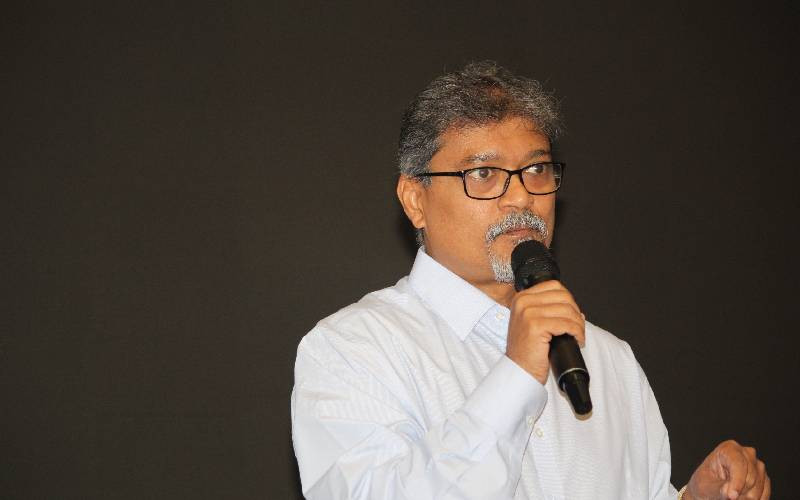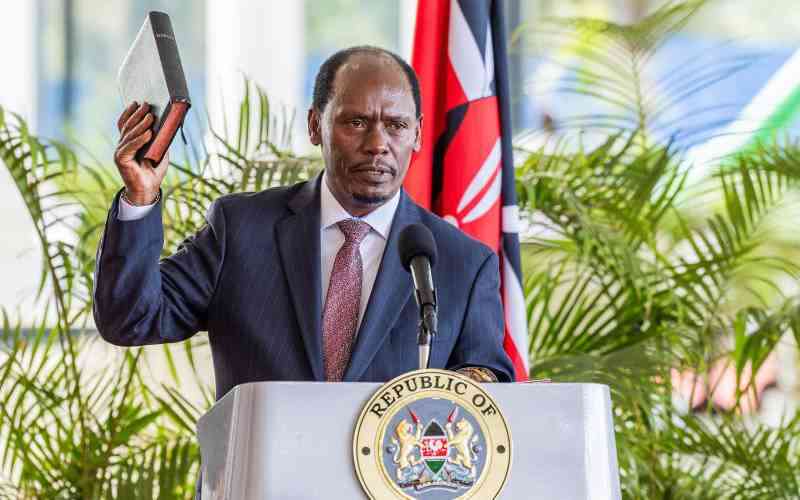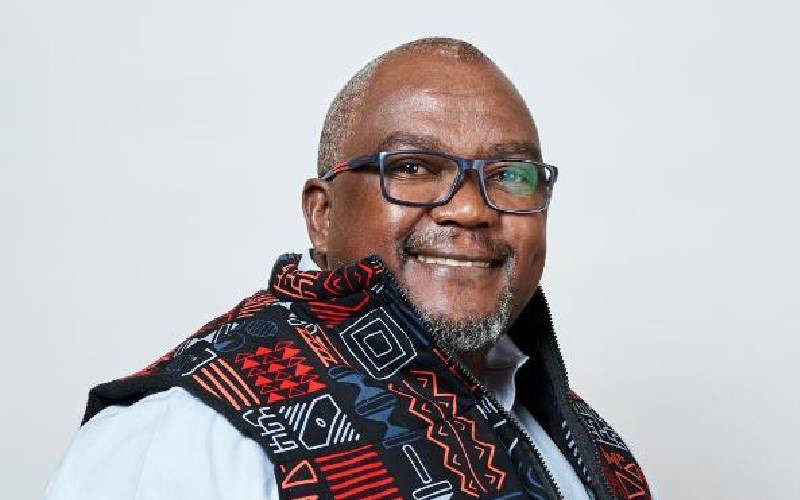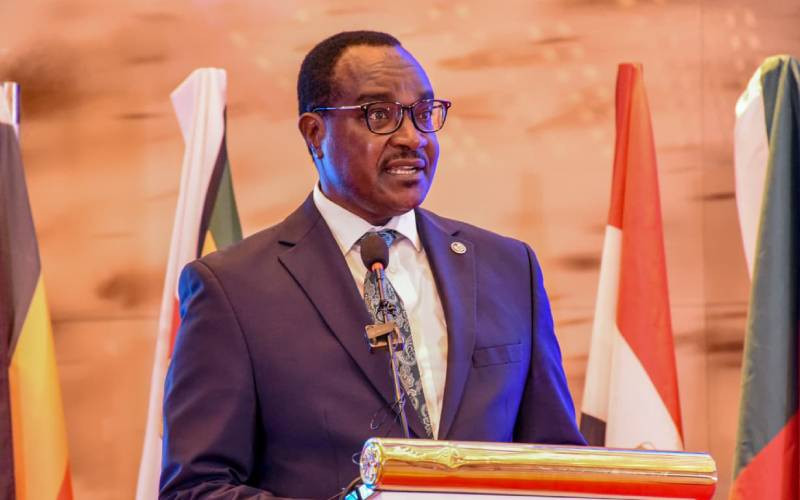
As more than 700,000 learners prepare to join higher learning institutions this year, the government is investing heavily on technical and vocational training as the foundation of
Kenya’s future workforce.
Education Cabinet Secretary Julius Ogamba said the government is investing heavily in equipping learners with competencies that meet labour market demands.
Speaking during the 10th Edition of the Africa Tech Challenge (ATC) in Nairobi, Ogamba noted that while higher education in Kenya has long been equated with university degrees,
today’s employers are seeking practical skills in design, innovation, and problem-solving.
“Graduates, today marks the beginning of your journey as innovators, entrepreneurs and global leaders. The certificates you receive today represent resilience, discipline and
readiness to transform your communities and nations,” he said.
advantage.
“We celebrate not just the winners but also the vision, determination and the spirit of the African youth rising to tech in the global industrial economy. Kenya’s growing role as a hub
for innovation and collaboration is being affirmed,” Ogamba said.
Ogamba said Kenya’s push for TVET is a strategic bet on industrialization and global competitiveness.
“Indeed, the African Tech Challenge reflects a shared aspiration to build skills, be innovative, and contribute meaningfully to the global economy.”
Li Qingtang, Executive Vice President of the Aviation Industry Corporation of China, described the Africa Tech Challenge as a flagship of Africa’s skills revolution. Organized by AVIC
International in partnership with the Ministry of Education, the challenge brings together students from across Africa for intensive training in technical fields.
Stay informed. Subscribe to our newsletter
This year, 55 graduates from 12 African countries were awarded certificates in CNC Turning, Mechanical Drawing Engineering, CAD Design, and Mobile Application Development.
Twenty top participants, including four Kenyans, earned scholarships for advanced training in China.
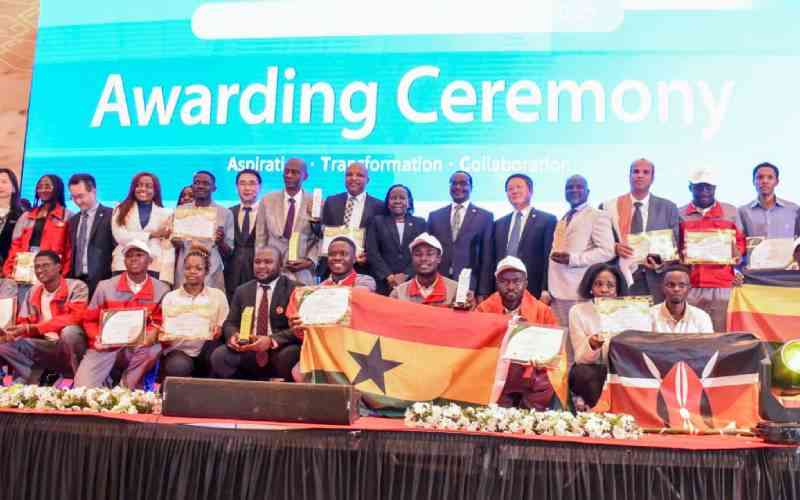
Kenya was represented by nine trainees and three trainers from Kisumu, Kisii, Nyeri National Polytechnics, and the Technical University of Kenya. Across Africa, 33 trainees and 11
trainers participated physically, while 500 contestants joined virtually.
“Through challenges such as ATC, African youth are able to demonstrate for the fourth industrial revolution by refreshing technology, pushing boundaries, and pursuing excellence,” said Ogamba.
Over the past decade, the government has upgraded TVET institutions, equipping them with laboratories, industrial machines, and digital tools. There are now more than 2,000
TVETs nationwide.
“The government is committed to strengthening technical, vocational and training as a driver of transformation. We are continuously investing in modern equipment, strengthening
industrial linkages, and rolling out curricula to ensure graduates are competent to compete globally,” Ogamba said.
Principal Secretary for Technical and Vocational Training Esther Muoria echoed this message, saying: “This 10th Edition of the Africa Tech Challenge proves that Africa’s youth are
not just being trained to know, but to do and apply their skills with excellence.”
Students also engaged in cultural exchanges through the Confucius Institute, including lion dances and calligraphy. Ogamba said such experiences remind students that education
is about broadening horizons: “Go beyond competing. Be innovators, solution creators, and mentors.”
AVIC International has built and upgraded 189 vocational institutions across Africa, training more than 20,000 teachers and students annually. The ATC also links to the WorldSkills
Competition, offering African youth global exposure.
For students like Victor Njung’e of the Technical University of Kenya, who won in Mechanical Engineering CAD, the training was life-changing.
“The training has sharpened my skills and given me confidence to aim higher,” he said sentiment echoed by Ian Claris Nderitu.
“Beyond the machines, what I take away are the friendships and networks.”

